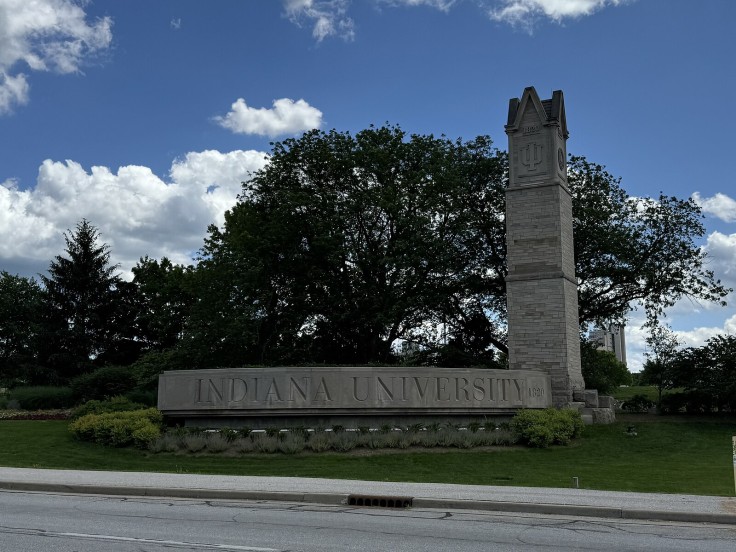Indiana University Reverses Protest Ban After Court Finds Likely First Amendment Violation
By
Indiana University's board of trustees has voted to amend a controversial policy restricting overnight campus protests, following a federal court's ruling that the regulation likely violated First Amendment protections.
The "expressive activity" policy, introduced in 2024 after a pro-Palestinian encampment remained on campus for months, banned camping and unapproved structures during demonstrations. Violations carried penalties ranging from suspension to termination.
The board unanimously voted on June 12 to remove the overnight protest ban and added language stating the policy must be interpreted "in favor of free speech rights." Changes were implemented minutes after the vote.
Trustee James Bopp Jr., a newly appointed First Amendment attorney, said during the meeting, "This issue, not only in my general practice but for the purposes of the university, is of critical importance that we get this right. I really want to compliment the general counsel, in my opinion, as having done that now."
Although the overnight restriction has been lifted, structures on campus for protests must still receive prior approval, and camping remains prohibited.
The American Civil Liberties Union of Indiana filed a lawsuit against the policy last year, resulting in a federal judge issuing a preliminary injunction in May. The judge ruled the policy was likely unconstitutional because it wasn't narrowly tailored as required by law.
The board's reversal follows widespread campus criticism and protests, including candlelight vigils held throughout the fall semester.
IU officials say the revised policy was shaped by stakeholder input and feedback from the court. University General Counsel Anthony Prather noted that the changes were under consideration prior to the court's decision.
The board also addressed budgetary matters and presidential compensation during the June 12 meeting.
© 2025 University Herald, All rights reserved. Do not reproduce without permission.








